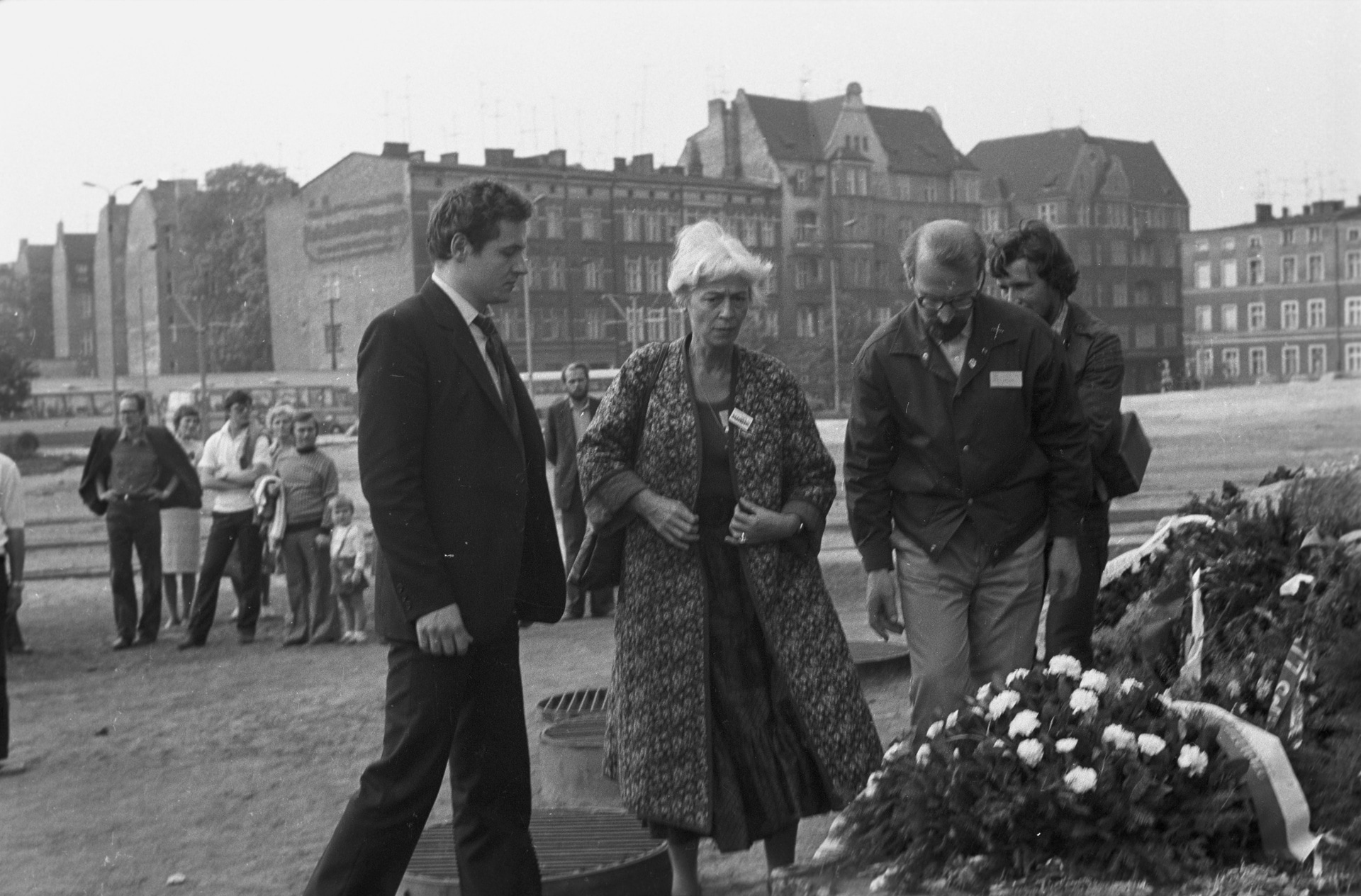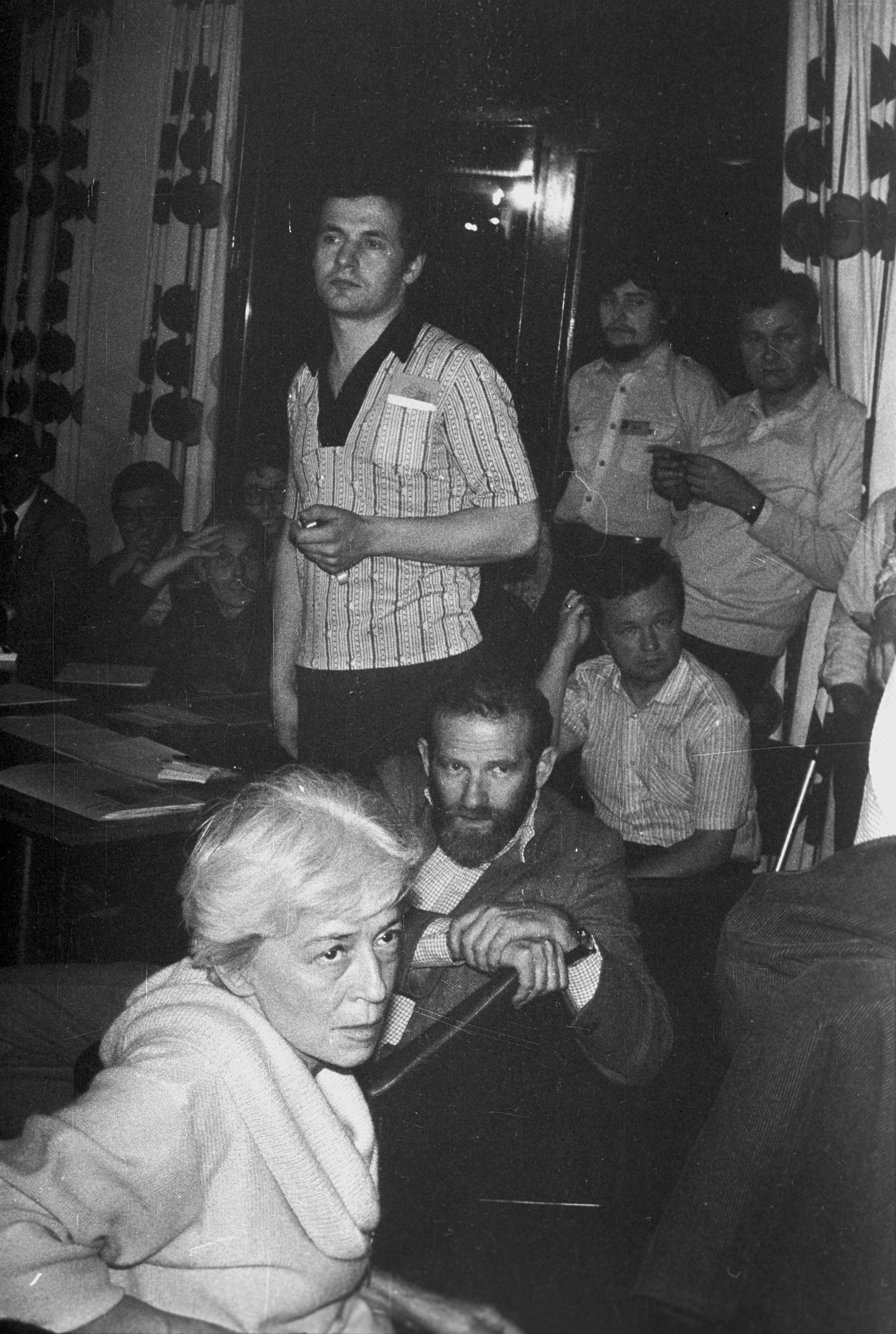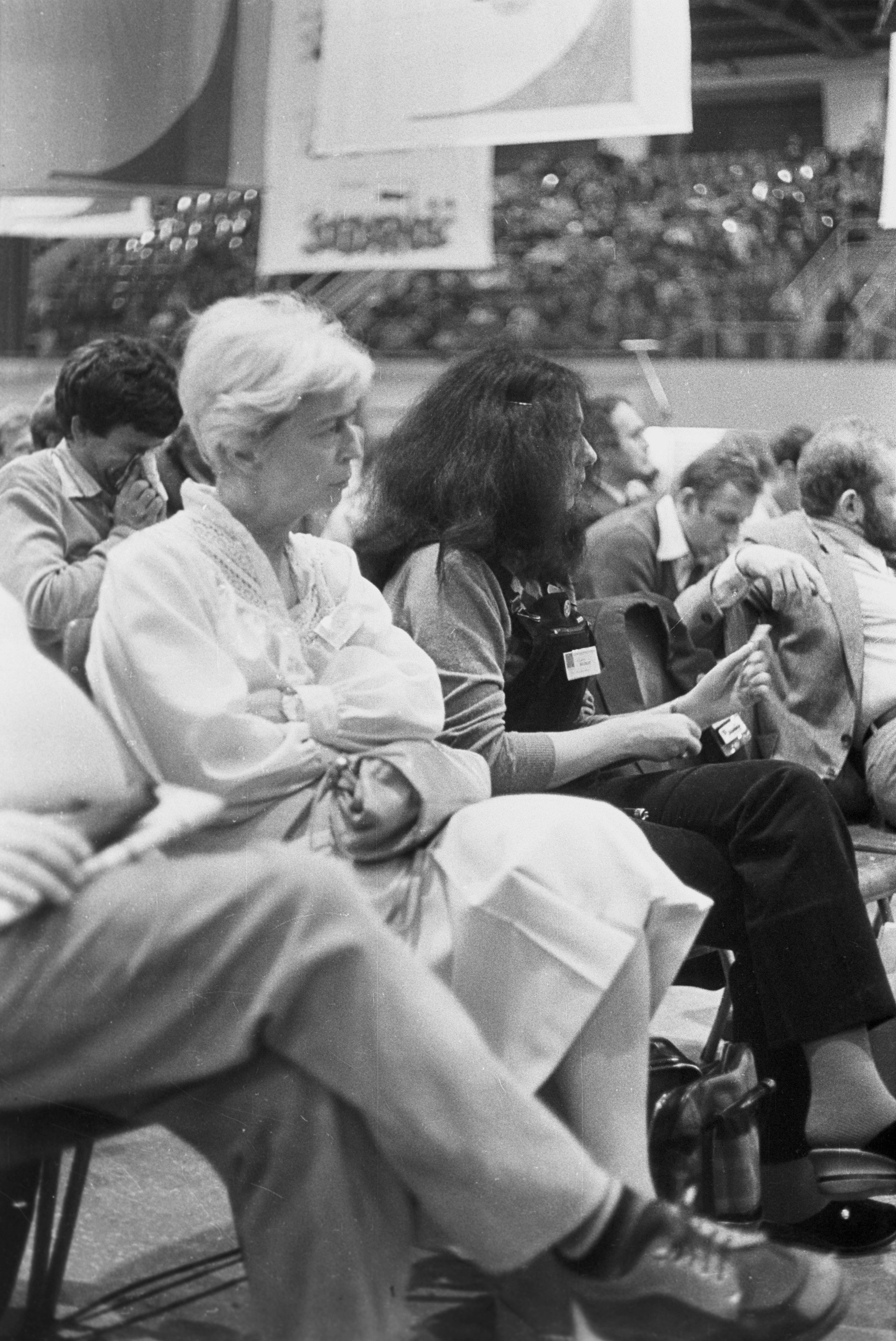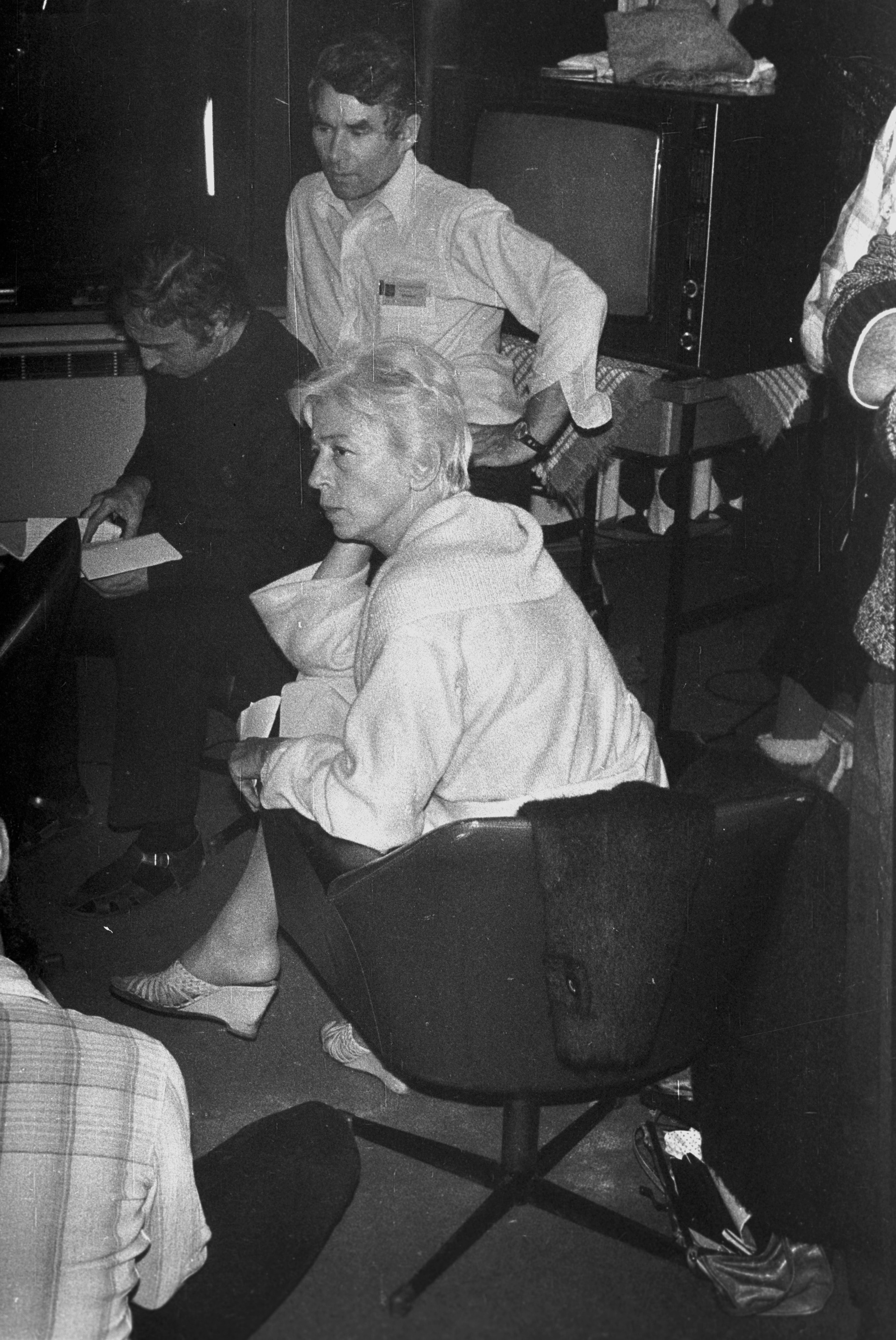Fighting until the end
On 13 December 1981 martial law was introduced in Poland. This was intended to stop the wave of strikes and the general social unrest caused by the prevailing political system. At that time, similarly as thousands of other women and men, Halina Mikołajska was interned, i.e. imprisoned in the women’s detention centre in Gołdap, from which she was later transferred to Jaworze, and then to Darłówek. Of course, being placed in such a centre meant imprisonment, because that place could not be left, and women held there were subject to continuous invigilation and harassment. Halina was released after five months, in 1982, due to the support of the acting community.
After her retirement, she started to perform in churches and private flats as a one-person theatre troupe, and her performances were mainly of a religious nature or included poems, the presentation of which was forbidden by the censors.
Halina Mikołajska died on 22 June 1989, after years of fighting with breast cancer; however, before her death she saw the first partly free elections after World War II, in which she took part several days earlier, on 4 June 1989. Despite her severe condition, she was carried on a stretcher to a polling station created in the hospital, to enable her to vote.
She was a confident woman, ready to fight for her beliefs and, in particular, for equality and respect for another human being. By choosing a pathway of an opposition activist, she made a dramatic choice to gradually depart from theatre and film. A statue of Halina Mikołajewska in the Marshal Edward Rydz-Śmigły Park in Warsaw commemorates her achievements, and a sheaf of papers in her hand may represent either a theatre script or the above-mentioned Letter of 59 signed by her, so she is remembered not only as a political activist, but also as an excellent, intelligent and sensitive artist.

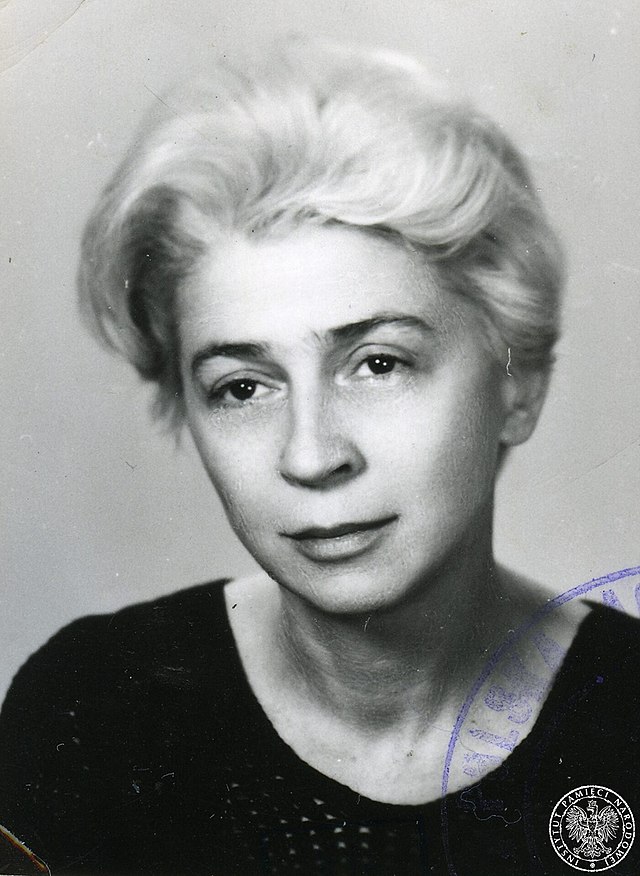
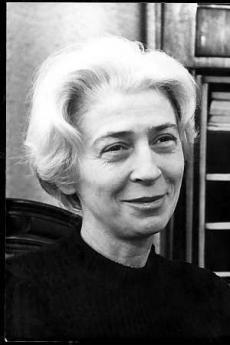
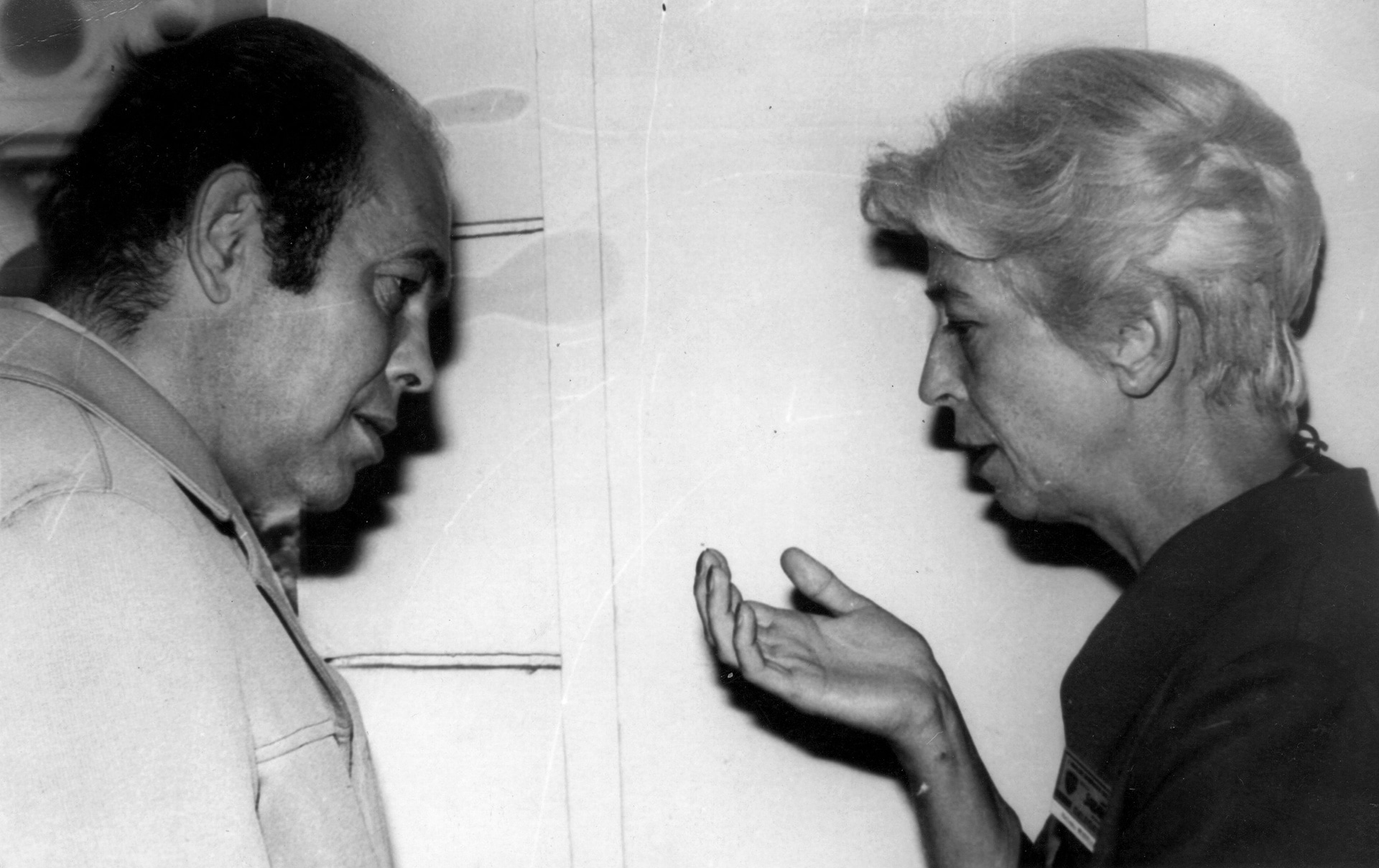
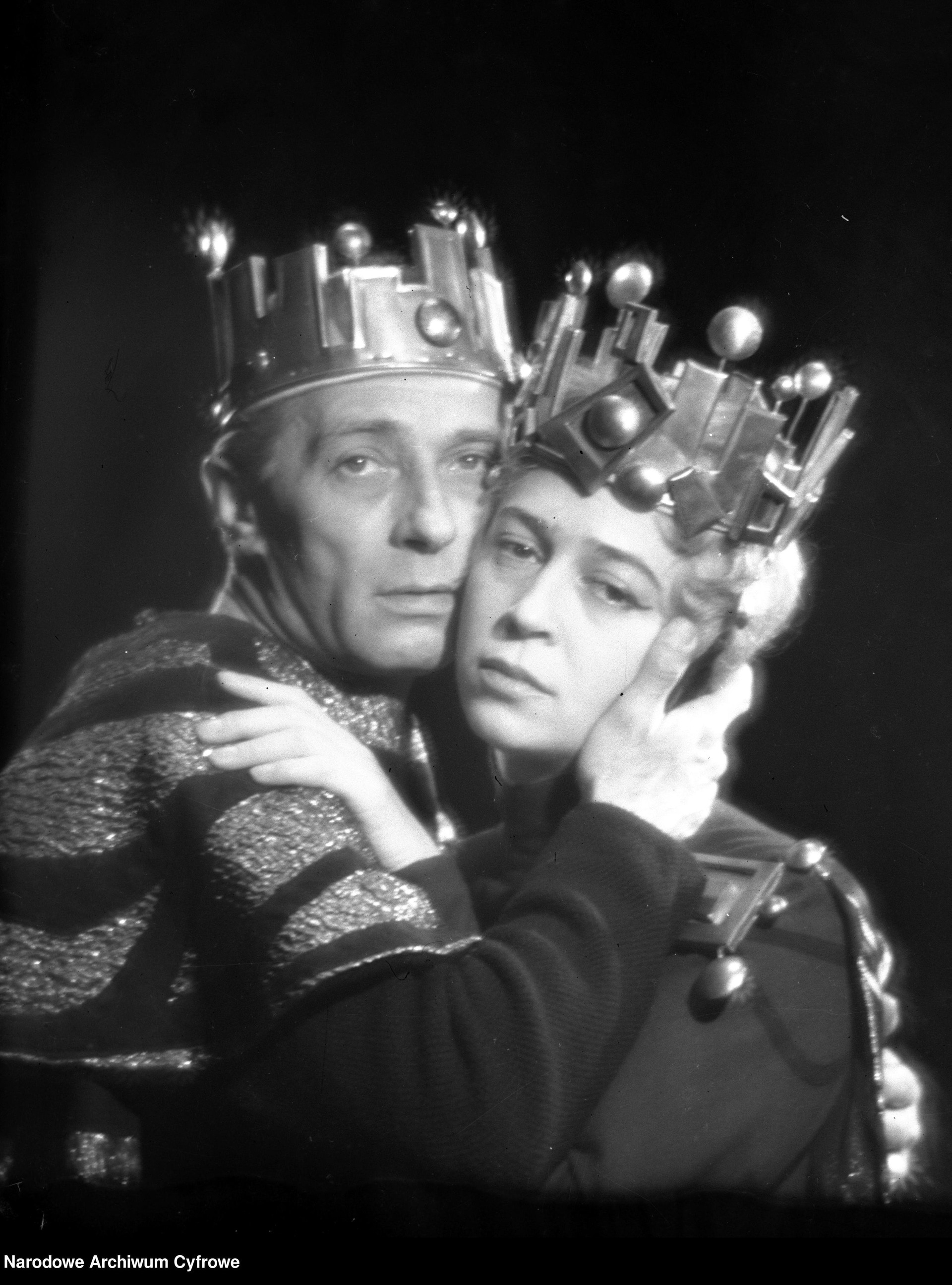
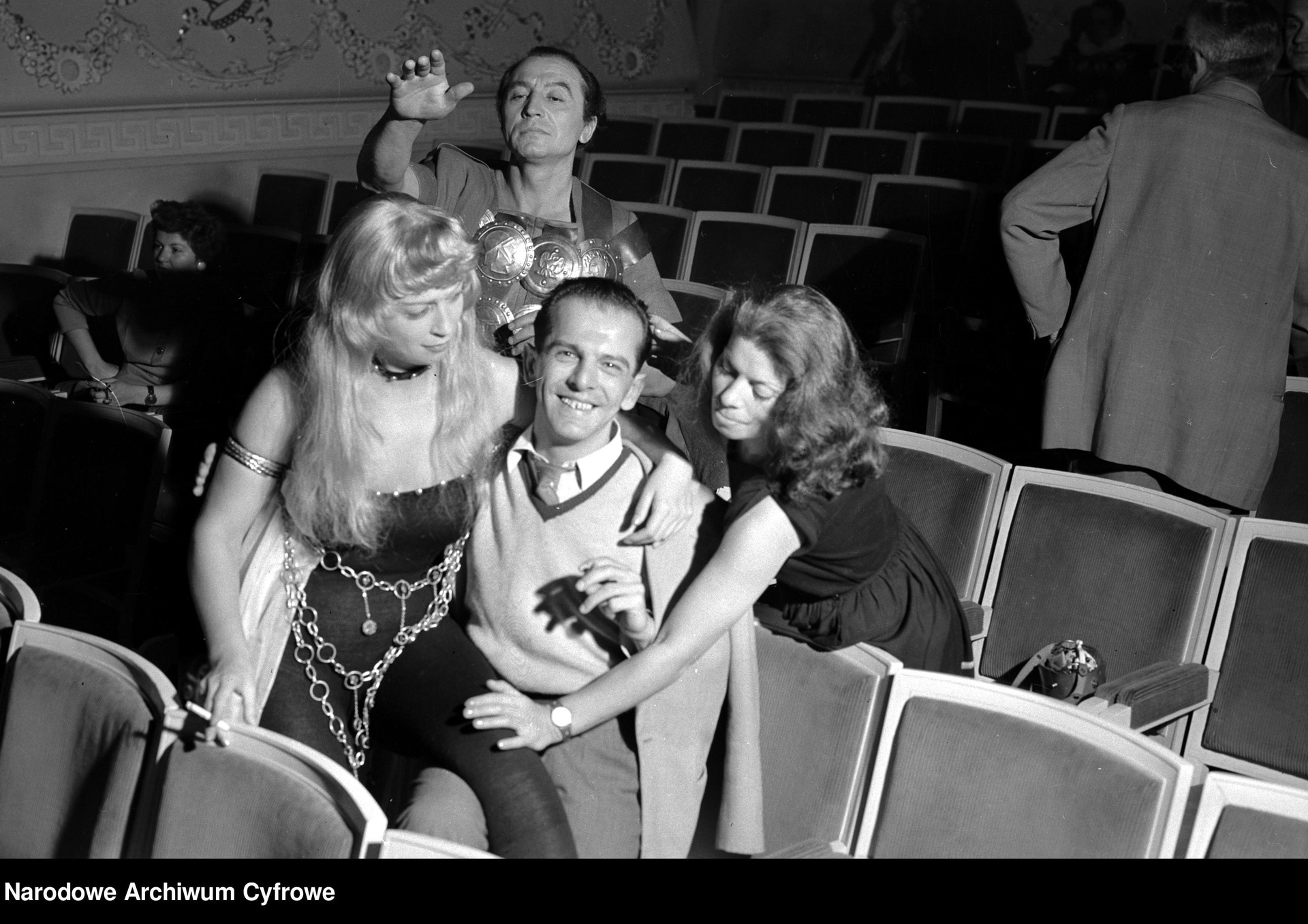
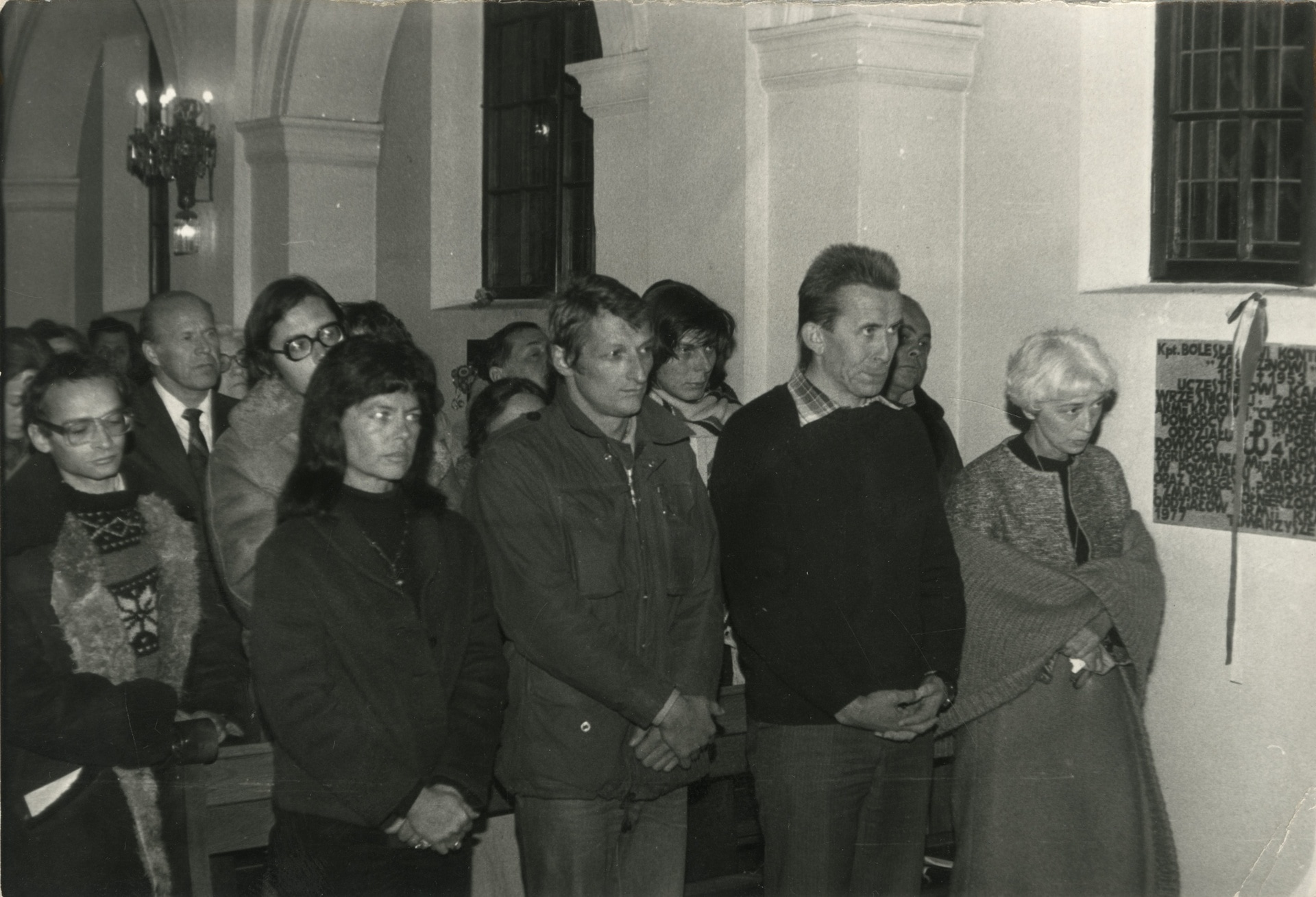
![Press Agency: information from abroad on 21.06.1977: New petitions for the release of nine KOR members and sympathizers [statement by KOR spokeswoman Halina Mikołajska]. - Archiwum Instytutu Pamięci Narodowej](https://aski.gr/wire/wp-content/uploads/2024/02/VDA_Halina-Mikolajska_3.jpg)
